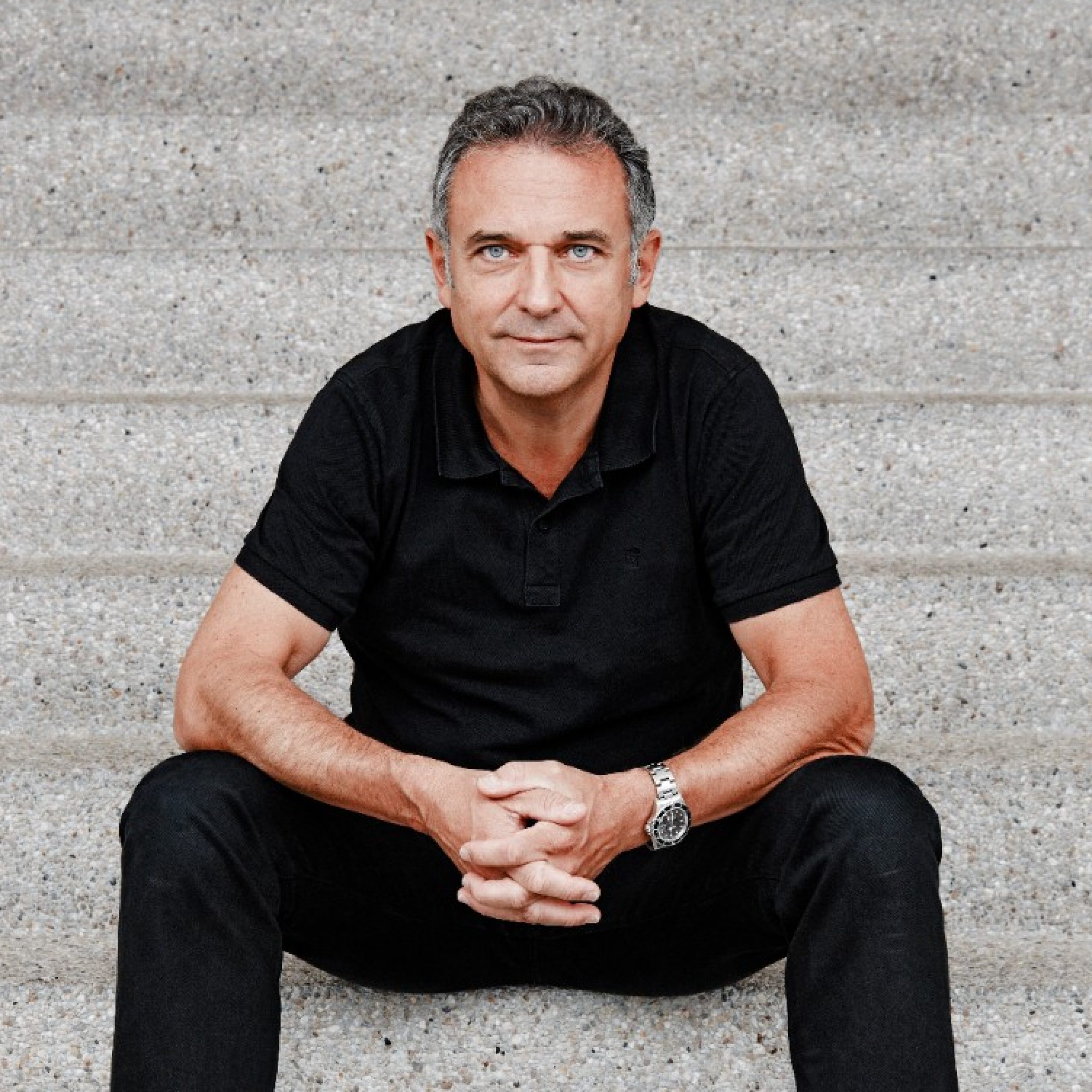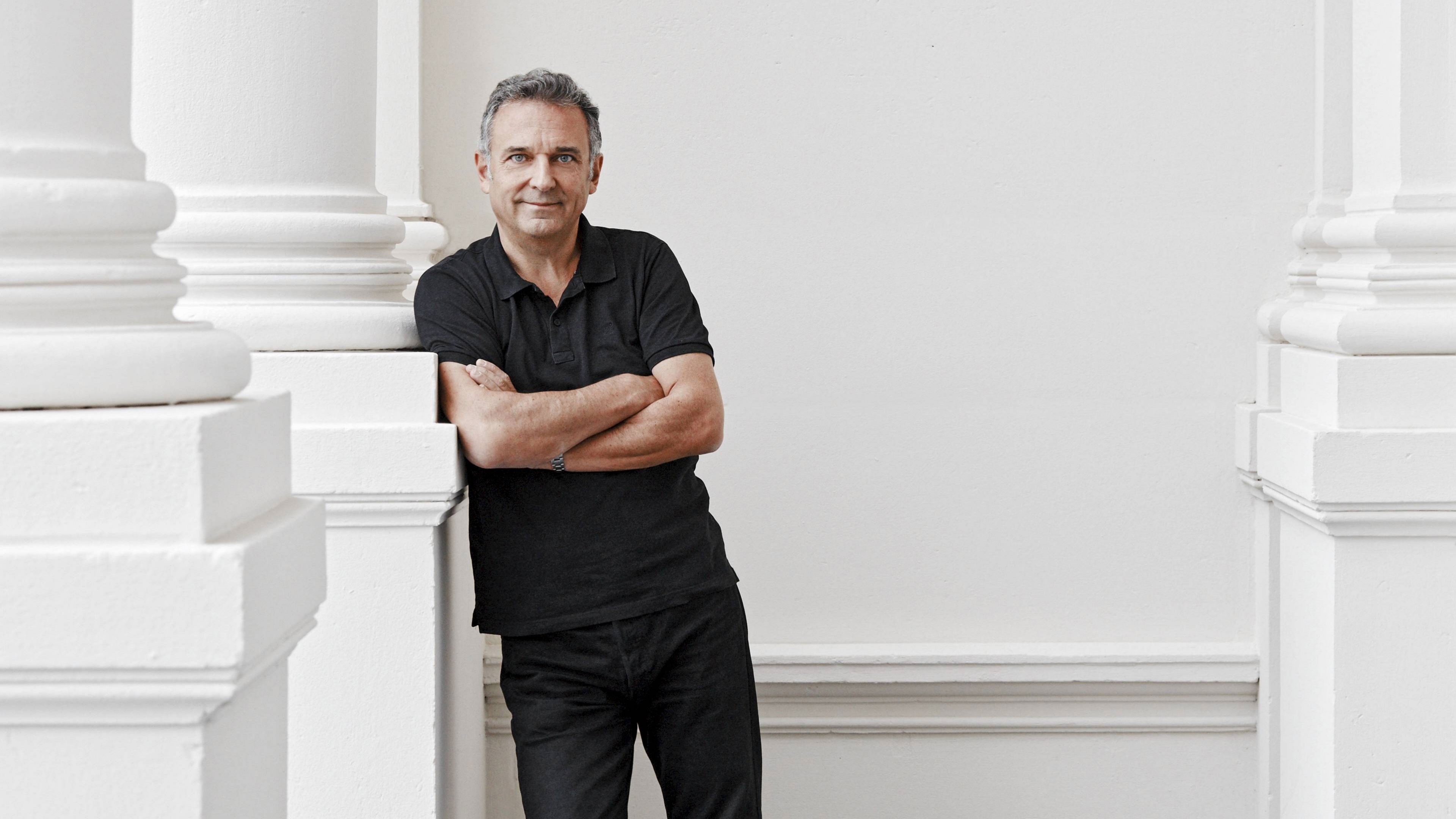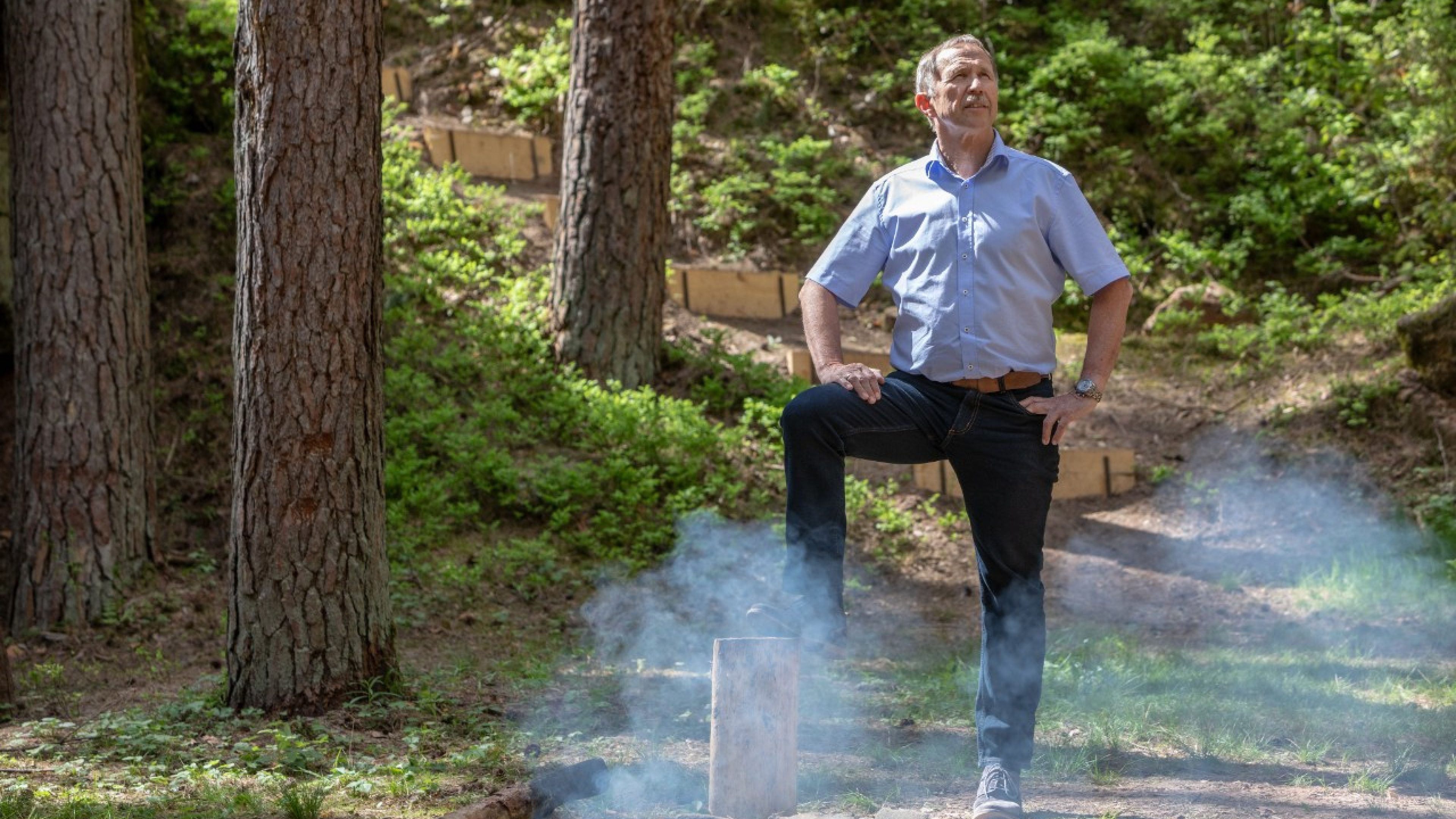He leads one of the world’s most renowned opera houses and every now and then assumes the role of stage director as well: Andreas Homoki, Director of the Zurich Opera House. In an interview he explains among other things how much self-determination he enjoys in his work.
You’re the director of one of the world’s best opera houses and every now and then assume the role of stage director. What do you find more challenging?
As stage director I face heavy demands as both a person and artist and am also subject to resistance and criticism. I’m in dialogue with the performers and have to be spontaneous and flexible. In my role as opera house director I’m a bit more distanced from all this. Many things are planned long in advance. There are processes, lead times and contracts.
Does this also mean you have more freedom as stage director than in your role as opera house director?
Sure, although I’m also always having to adjust to new situations just like a film director hoping for good weather when the main character for the beach scene flies in. I’m able to decide everything but always within certain restrictions. I therefore constantly have to ask myself whether I’ll actually achieve what I’ve set out to do or whether I need a plan B. As opera house director I’m more strongly tied to external constraints due to long-term planning and contracts.

Do you always have a plan B up your sleeve?
In my job I not only encounter many positive forces when producing an opera but frequently also strong centrifugal powers. I have to bundle these and if I were to think about a plan B too early, I would never achieve my original plan A. However, all this can only succeed if the entire concept is linked to a convincing idea and I let everyone share in this idea. In my view, you can achieve much more by involving and motivating than by playing boss with a top-down approach. In the arts, everything less than the maximum is ultimately insufficient.
How do you measure whether you’ve achieved the maximum: by applause or by audience size?
You’ve achieved an initial success if the audience cheers. But economic success is just as important. And it’s almost even more important to convey an image that the opera house is working successfully. You’re only really successful if the people who do not perceive our activities directly also know about our success.
You often also stage classics. How much creative freedom do you have with famous works?
An opera is something that initially only exists as a score. Staging this involves a major process of translation and interpretation. Many works are already over 150 years old. Why should someone today still want to see such an old work? We stage works that at their core remain timeless and contain stories that can still tell us something today. We have to carve out this core and put it in a contemporary context. However, creative freedom ends where what is sung no longer matches what is being performed on stage.
So how can you still surprise your audience today? Do you always have to be more eccentric and elaborate than before?
We as artists are increasingly caught in a balancing act between the demands of parts of the audience always wanting to see what they cherish and parts of the specialist press and opera world calling for new interpretations. We are sometimes pulverised by the conflicting expectations. My aim is to overwhelm the audience so much with the overall experience of opera that it actually forgets it’s even at the opera. This is admittedly a maximum aspiration but nonetheless achievable.
When I talk with other young people about the opera, I can still sense a fear of crossing the threshold. How do you aim to remove the elitist stain from the opera house?
I want opera to remain accessible despite its complexity. This entails a constant striving for credibility and clarity. If you’ve found out a bit about a play beforehand then obviously you’ll get more out of it. The experience then has more depth. But a performance should also be interesting and entertaining without any prior knowledge. The theatre has its own magic. And this needs to be displayed every evening.
You worked for almost ten years as a freelance director. Did becoming employed mean giving up some freedom?
Not necessarily. If I stage three works a year as a freelance director, each individual piece is an artistic statement. If, however, I work as an opera house director, I can place my statement on a broader foundation. That’s what attracted me to the job of opera house director. I can also afford as opera house director to stage fewer operas per year. This allows me to clear my head. If you just stage one opera after another, you can also get burnout.
Some of your employees can barely pursue their profession up to normal retirement age, while others are working for years afterwards. Is life after retirement an issue for you at the opera house?
It’s an issue for everyone. But the time for giving up varies greatly by profession. Dancers often end their careers in their mid-thirties or at 40 at the latest. They are aware of this from the beginning. They must therefore be really passionate about what they do. Bases or dramatic baritones often don’t reach their peak until after 40. Their voices need a certain maturity, while high sopranos reach and pass their peak much earlier.
How long would you like to work?
As opera house director I’ll retire in my mid-sixties. At some point we all have to make way for the younger ones. But I’d still like to stage one or two operas a year after that. I don’t want to stop completely too soon.
About

Andreas Homoki
Andreas Homoki (58) grew up in Germany as the son of a family of musicians of Hungarian descent. Following various professional appointments, he spent many years as leading stage director and opera house director of Komische Oper Berlin. He joined Zurich Opera House as successor to Alexander Pereira in 2012 and has since staged operas such as Fidelio, Lady Macbeth of the Mtsensk District, The Flying Dutchman and at present the premiere of Lunea with great success. With new event formats such as “Opera for all” broadcast live from Sechseläutenplatz, children’s operas and introductions to works before the performances, he is striving to gain new audiences for opera and reduce fears of crossing the threshold. He lives with his wife and teenage son by Lake Zurich.
Zurich Opera House
With around 1100 seats, Zurich Opera House is the smallest of the world’s large opera houses. It is among the best opera houses in the world and was singled out in 2014 at the International Opera Awards as Opera Company of the Year. Popular works, famous singers and regular premieres, children’s operas and ballet shape its repertoire.
Engagement at Swiss Life
Swiss Life supports selected institutions in Switzerland working to promote self-determination and confidence. The institutions are all active in culture, environment, research, science and education. Swiss Life also promotes development in its own location and has two foundations of its own in Switzerland: the “Perspectives” Foundation and the Anniversary Foundation for Public Health and Medical Research.



